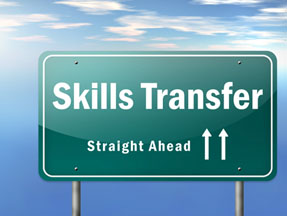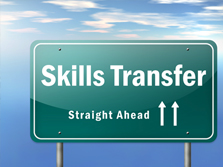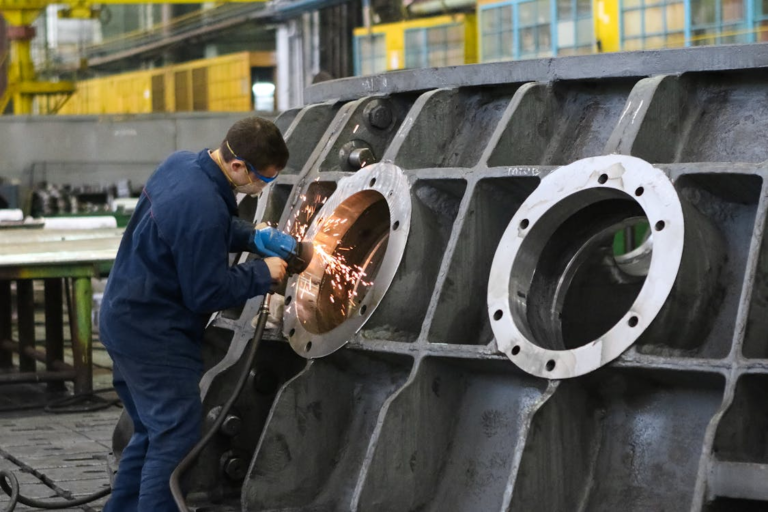 By Michael Spiropoulos
By Michael Spiropoulos
As anyone who’s tried to change career knows, one of the most difficult hurdles to a successful transition is the interview. The reality is that once you get to the interview you’ll most likely be competing against people who have years of experience tucked under their belt and can hit the ground running.
In the face of such competition it is very important that you devise interview strategies that will convince sceptical employers to give you a start. Here are some strategies that are guaranteed to excite employers:
1. Get your own interview. Unfortunately, if you haven’t got a track record in a particular career, recruitment agencies are generally reluctant to send you for an interview. An effective way of overcoming this obstacle is to contact employers directly. Work out which industry you wish to work in and send off as many covering letters/resumes as you can. The more the better. This way there’s a good chance that you’re competition at interview will be considerably less. Who knows? You may be the only one.
2. Talk about how you can add value. At the end of the day all employers are keen to know how you can add value to their operations. They’re much more interested in your adding value potential than they are about your skills. So, do your research and come up with answers that can specifically address how you can, for example, solve a set of problems, create new markets, improve productivity, increase sales, enhance quality etc.
3. Demonstrate a thorough understanding of the industry. As a person new to the industry/career it’s only natural for employers to think that one of your weaknesses would be a lack of understanding of the industry. Demonstrating an insider’s understanding of the complexities of the industry is guaranteed to impress the employer greatly. So, do you your homework.
4. Demonstrate your enthusiasm & motivation. Employers love highly motivated employees. They know that motivated employees are more reliable, work better and go the extra mile. Employers also understand that motivated employees pick things up quickly. Motivation is infectious. People who want to change careers are usually brimming with motivation to start their new job. So, make a song and dance about your enthusiasm for the job. A good way to build your case is to answer the following question: Why do I really want this job? If you can’t answer this question thoroughly then perhaps you should think twice about your career change.
5. Focus on your transferable skills & personal attributes. During the interview, focus as much as you can on the existing skills you have that relate directly to the new job. Also, make a point of emphasising why you’d fit into the company. Never underestimate the importance employers place upon harmony in their workplace. By doing this you’re effectively saying that you’ve already got the skills/temperament the employer is looking for.
Here are some generic skills that are eminently transferable:
a. Communications skills
b. Planning & organising
c. Team player
d. Flexibility – ability to quickly adapt to change
e. Meeting tight dead lines/working under pressure
6. Eliminate Doubt. Given your lack of direct experience it’s likely that the employer will perceive you as a risk. It’s your job at the interview to dispel any doubt the employer may have. Eliminate terms that indicate uncertainty. Terms such as: I think I can, Perhaps I could, Maybe, I’m not certain but… etc will do you no favours. Instead use terms that inspire high levels of confidence. Yes I can; I could easily; I’m certain about…etc
7. If possible emphasise a fresh approach. Often, people coming in from different backgrounds are able to generate fresh perspectives that can lend a company a level of comparative advantage they previously didn’t have. New ideas can be invaluable commodities not just in term of improving processes but also in terms of creating new markets.




